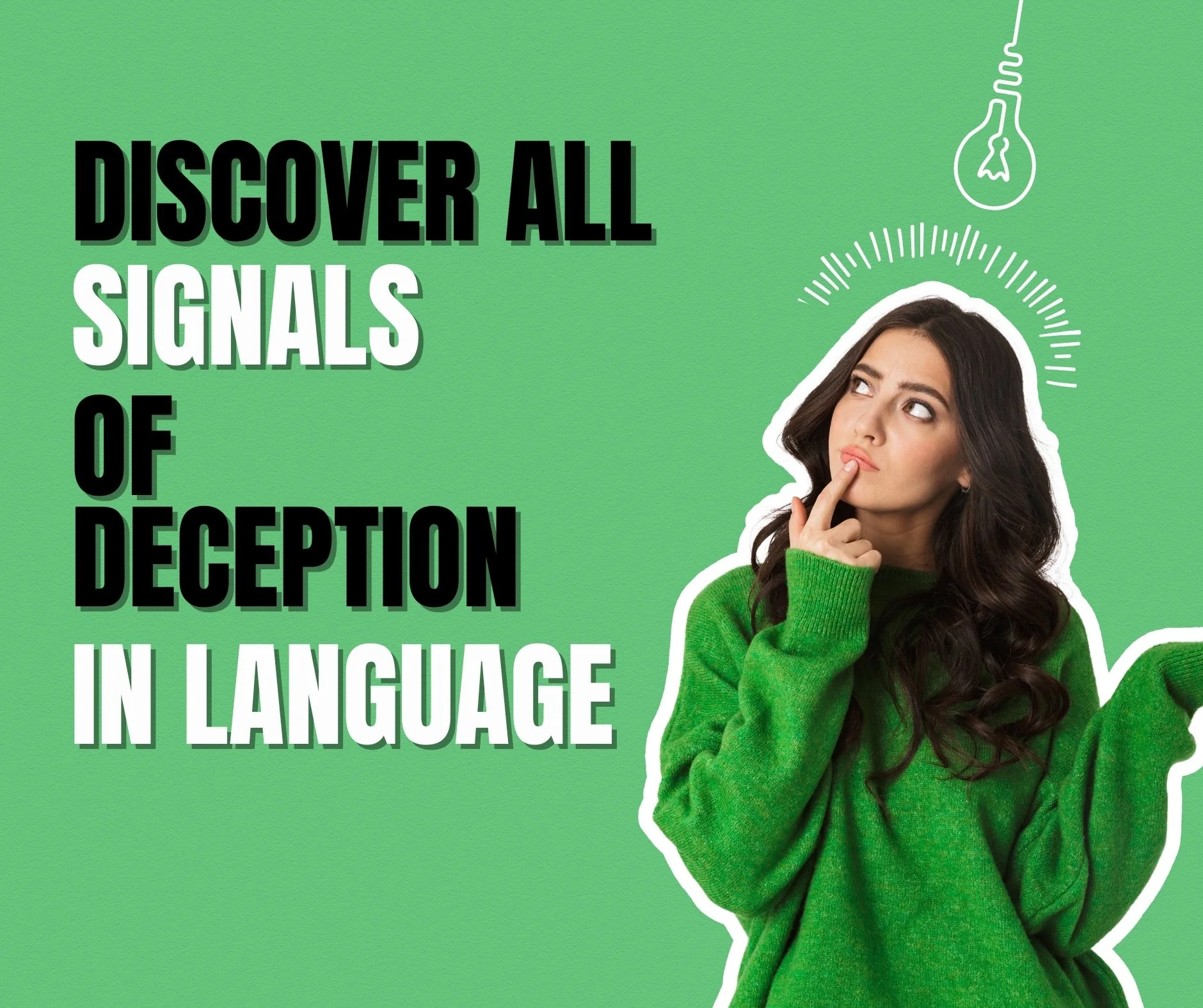Do you have information about the disappearance of Natalee Holloway?
You can send a message here (anonymously — no required fields). Your information will be handled discreetly and forwarded to the appropriate law enforcement authorities.
Thank you for helping in the search for Natalee Holloway.
#bringherhome
Piet Baete is a statement analyst and a court-certified expert who works with the Belgian judiciary on cold case investigations.
Statement analysis — also called truth analysis — starts from a central observation: people who deceive speak differently from people who tell the truth. Not because they are lying nonstop, but because they subtly adjust their language to sound credible.
Most deceivers tell just enough truth to appear convincing while omitting crucial information—often out of shame, guilt, or fear of being caught. That tension between wanting to sound credible and not telling everything leaves traces in their language—traces statement analysts can recognize and examine.
Through a truth analysis, we can not only determine whether someone is being deceptive. In cold cases—such as the disappearance of Natalee Holloway—we can also reconstruct what likely happened: a forensic reconstruction (see podcast).
Baete is the first statement analyst to link his analysis to a forensic reconstruction. Anyone can learn to listen more carefully and detect deception. It all starts with attention to language.
Workshop statement analysis
Deception always leaves traces in language. By listening carefully and paying attention to details, word choice, and tempo, you can reveal surprisingly much.
Do you want to truly learn how to apply these signals in your work or daily life? I offer a one-on-one coaching to master the ins & outs of truth analysis in a short time. Feel free to contact me for a quote.

